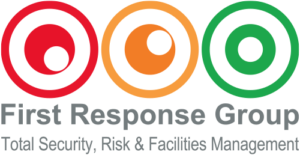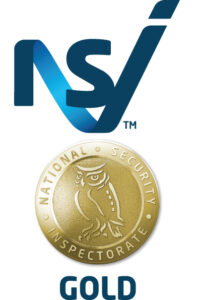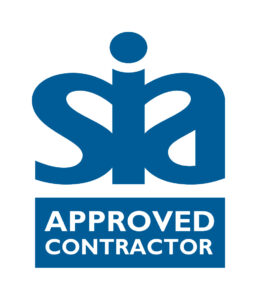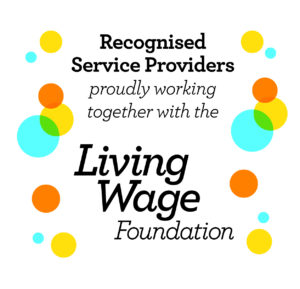Traditionally, the role of the security guard is to provide peace of mind for the client, but increasingly, ‘security’ has become a multi-functional role and the security guard has become an integral feature of a well-run organisation. Security is very much a specialist position, and the role can now be tailored to the unique requirements of your business, with the provision of trained and accredited security officers able to comply with and operate within your internal policies and procedures.
But if you don’t currently have a security guard for your business, let us run through the common scenarios and situations where you might need one.
- Business protection
As well as guarding and patrolling the business against everyday crime, the security guard can protect the business itself from rival businesses attempting to gain a competitive advantage. This is particularly relevant to manufacturing, warehouse or industrial facilities which might be out-of-town in remote locations and might be operating 24 hours. It is not uncommon for facilities to be left open through side entrances and emergency exits to intruders overnight or out of regular hours, when there is only a skeleton staff on site. This not only leaves the organisation exposed to crime, but also to rival businesses seeking to learn trade secrets, steal intellectual property and get a better understanding of how your business operates.
- Customer service
This might not be the first thing in your mind when you think about security guards, but they can adopt a customer-facing role and can be trained to be a welcoming and professional initial contact with your organisation. A well-trained security officer can be an asset to a business in a dual role as front-of-house contact, and can make visitors to the business feel welcome, safe and secure.
- Fast response
It is common for organisations to invest in CCTV equipment and intruder alarms, but an on-site security guard provides a real-time fast-response to crime and security breaches, which is extremely effective. A guard can work alongside a well installed CCTV system, as well as wear a bodycam which will record any incident when faced head-on with intruders or a conflict. CCTV on its own is an “after the fact” system if the intruders have done their homework, which they often do. Any follow-up action is often not fruitful. So an on-site security guard patrolling a building, particularly out of hours, is more reliable in terms of preventing crime, but also in gaining evidence of crimes that have been committed.
- Health and safety
We talked earlier about the multi-functional role of today’s more specialist security guards, and health and safety definitely comes under that banner. A front-of-house security officer can be familiarised with an organisation’s health and safety procedures and can therefore be integral to site security for fire safety purposes. Many businesses maintain a register of who is on site at any one time and the security guard can be responsible for this. It is also common for them to play an active role in emergency procedures, in actual circumstances, but also in terms of practice drills.
- Public control
Where an organisation welcomes the public into the premises, a security guard can be important in directing people and maintaining safe procedures. Crowd control and monitoring can include keeping a count of how many people are on site, as well as directing traffic safely. This is important from a health and safety point of view, but may also be a requirement for public liability and insurance purposes.
So the role of the security guard is far removed from the traditional image of a uniformed officer remaining stoic and unmoved and simply guarding an entrance. Today they can play an active role in many facets of an organisation and hence they can become a tangible asset to the business. You can talk to First Response Group about the many services our security officers can perform and we can design a package that will greatly enhance the security and operation of your business.
Article By:










